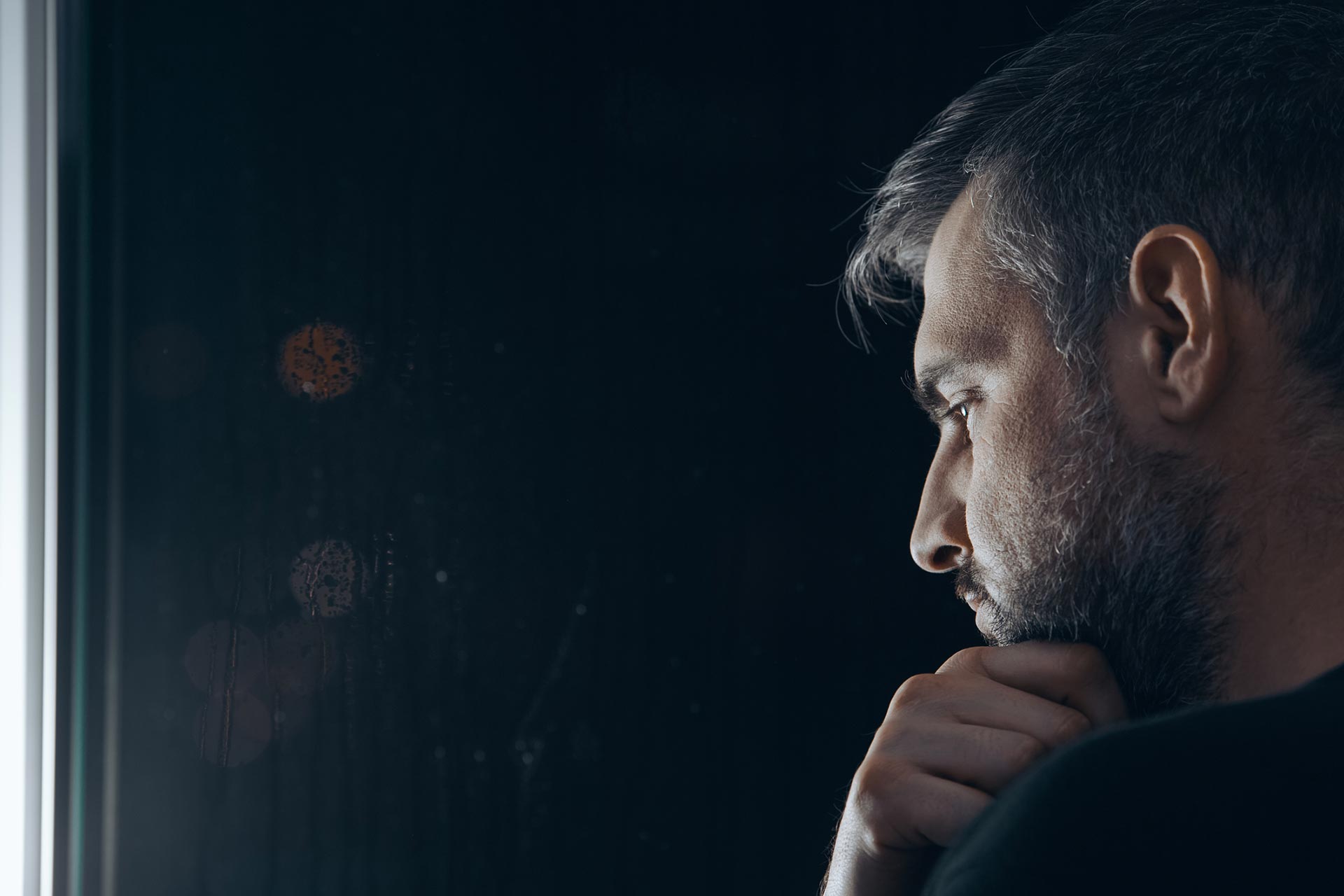Everyone knows what it feels like to be “sad,” “down,” or “blue.” We all know what it is like to experience sadness, disappointment, guilt, regret, and loss. Sometimes, we know why we are feeling “down” or “depressed” and sometimes we do not.
Often, feeling bad for a short time is valuable in helping us understand that something is wrong, that we have a problem that needs to be solved, or that we need to make a difficult decision. However, depression is different.

